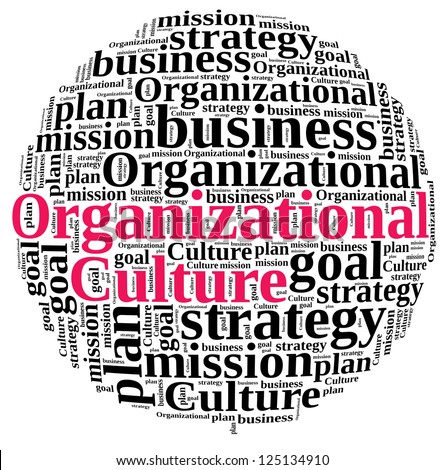
James Altucher is an American hedge fund manager, entrepreneur, bestselling author, and podcaster.(http://www.businessweek.com/magazine/james-altucher-wall-streets-keeper-of-the-pain-11172011.html)
The business blog I truly want to recommend is James Altucher’ blog: Ideas of a World Out of Balance. His blog contains his life experiences of starting up businesses as well as advice for small firms.
In one post, Altucher told about how he created a financial website step by step with the right ideas and strategies, some of which have been discussed in the Comm 101 class. For example, he pointed out the importance of “making a business that you would use”, i.e. thinking carefully about the value proposition of a product or service to cater to the market’s needs. Also, he mentioned that “when you start a website, you have to bring people from a trusted site to your site to build up the trust in your site.” This can be linked with the concept of positioning: if a business is not the first one to enter a particular industry, then it should create some links between itself and those well-known ones.
What I found quite helpful is that Altucher is an entrepreneur who dares to try different things and learn from his own success and failures. As a result, we can see how basic business concepts are applied in real life and learn from his experiences. Another thing that I appreciate is that he also writes down stories about his daily life, which make his blogs entertaining and interesting to read.










